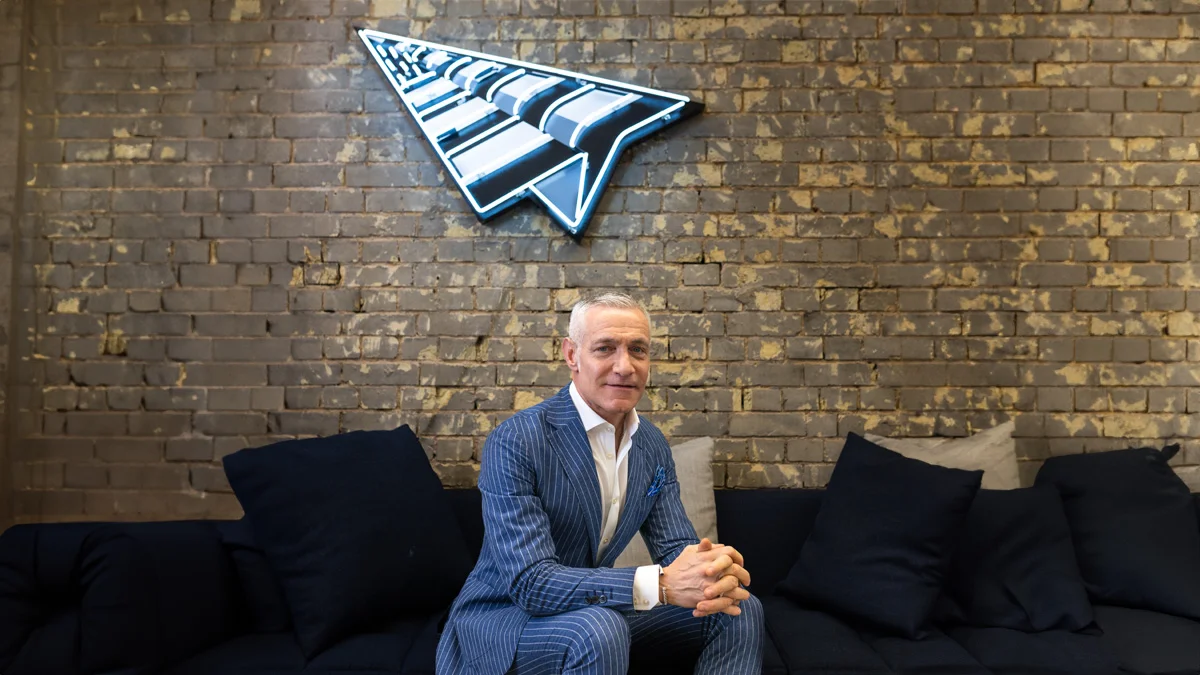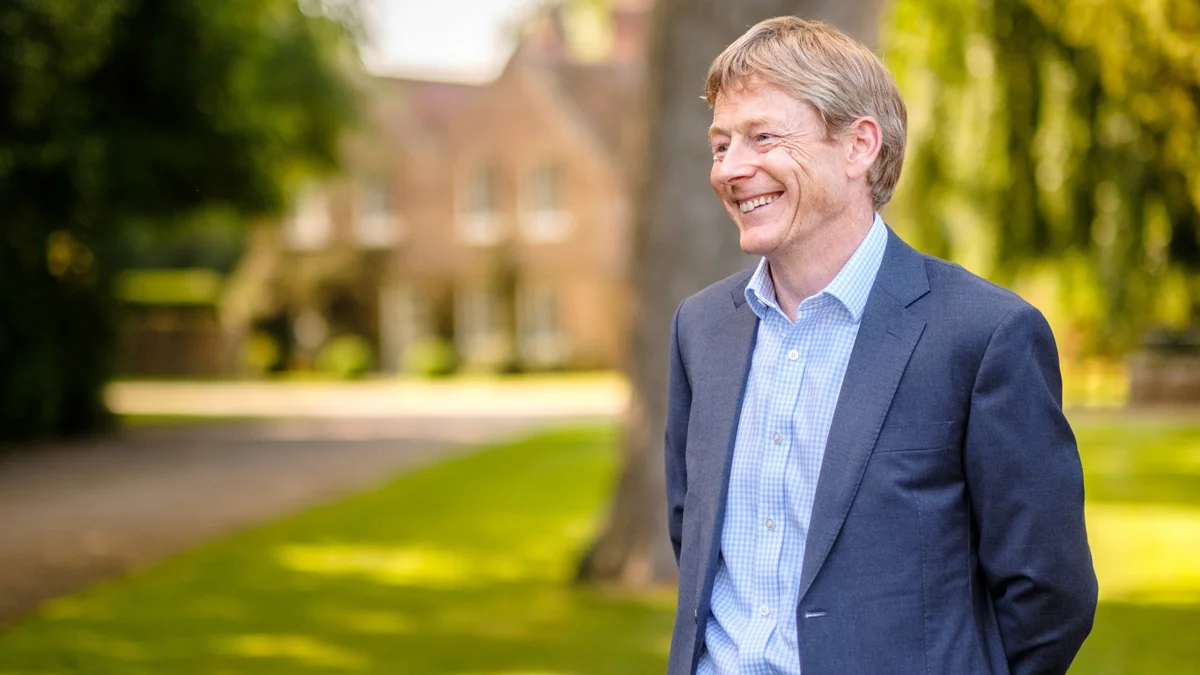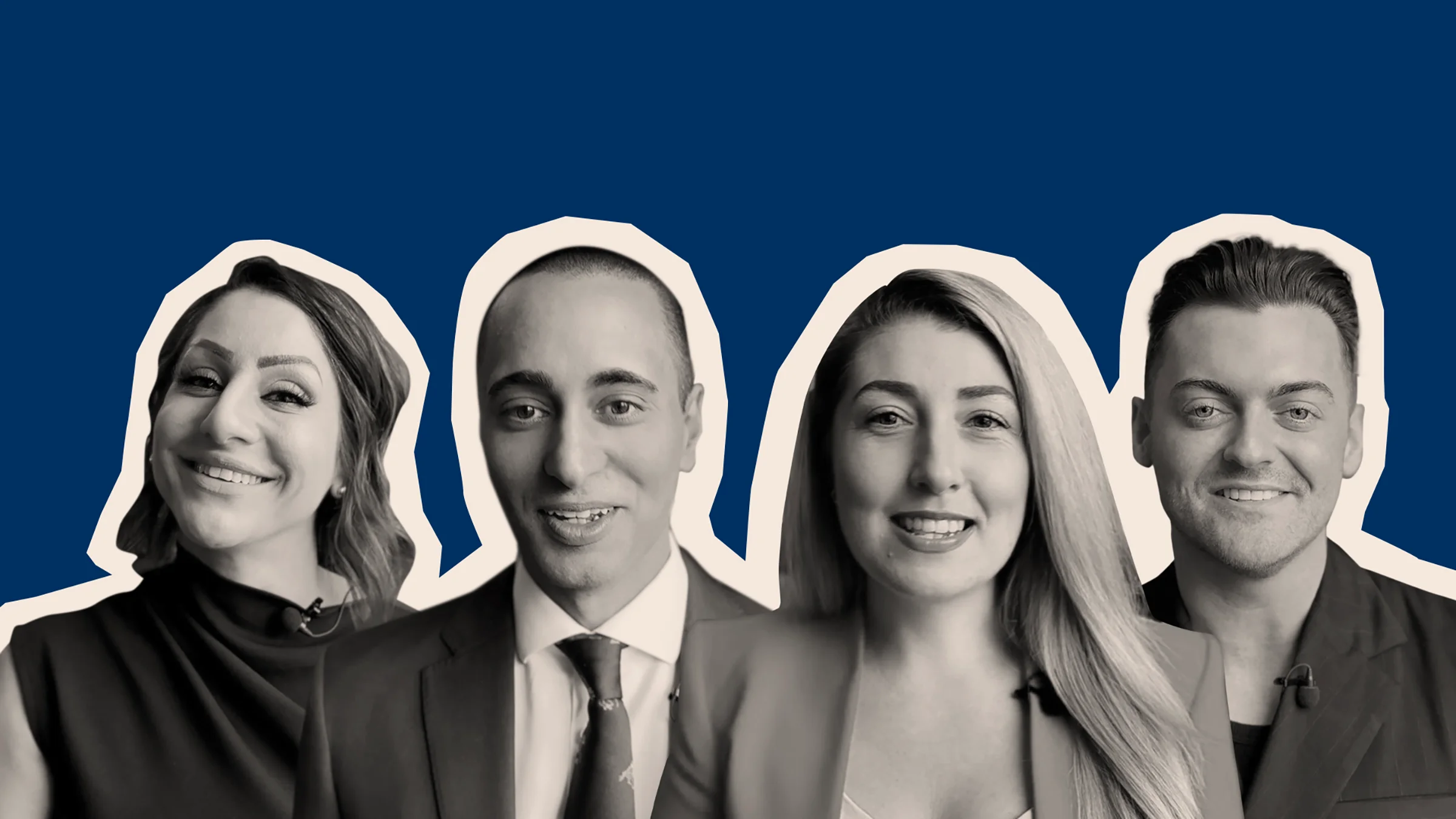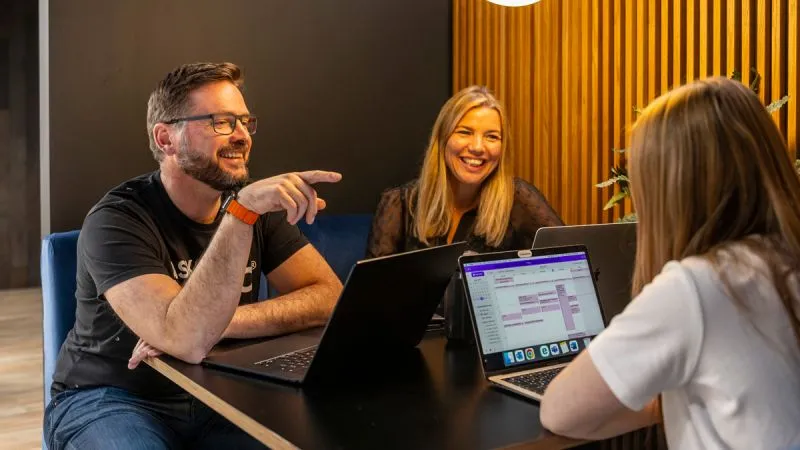
Roc Nation is an undisputed juggernaut. Since Hip-Hop icon Jay-Z founded the company primarily with the intent of signing pop and rap artists in 2008, Roc Nation has grown into the world’s preeminent entertainment company.
Boasting clients such as Rihanna, DJ Khaled, Jess Glynne, and Alicia Keys, the company announced the formation of a game-changing sports management division, Roc Nation Sports, dedicated to sports representation for professional athletes in 2013. Michael Yormark was brought into the company a year later, and together, they’ve gone on to revolutionise the world of sports management forever.
Meeting Michael at Roc Nation Sports International’s London HQ, we spoke to him about being a disruptor, taking inspiration from his clients, the importance of leading by example, and much more.
Watch our exclusive interview with Michael Yormark
Could you give us an overview of your career to date?
I remember when I was 12 or 13 years old growing up in Morristown, New Jersey, talking to my identical twin brother, Brett, about what we wanted to do with our life. We both agreed that we’d love to be in sports somehow. My brother ended up taking a very similar career path to mine and he’s currently the Commissioner of the Big 12 college athletic conference. That’s where my passion and focus really started at a very young age.
Fortunately for me, after I came out of graduate school, I was able to get right into the business. I worked for a couple of different sports companies in New York City before I moved to South Florida, to get in on the team side of the business. I had the opportunity to work for the holding company of the Florida Marlins baseball team, the Miami Dolphins NFL team, and the Florida Panthers Ice Hockey team, which was an extraordinary experience. I spent about 20 years working on the team side of the business. I went from South Florida to Columbus, Ohio to start the NHL expansion team. I then went back to work for the Tampa Bay Lightning, and then ultimately returned to South Florida to be the CEO of the Florida Panthers.
After my professional journey on the team side of the business, I then decided to cross over and joined Roc Nation in 2014. For the better part of the last decade, I’ve been working with Roc Nation out of their headquarters In New York, and here in Europe since September 2019. It was a big shift for me, not only from a job perspective but it’s been an extraordinary journey. Now I get to work very closely with some of the biggest names in entertainment and sport, and it has truly been a blessing.
You did a great job growing the Florida Panthers brand and that’s what caught the eye of Jay-Z. How did you find the experience of growing a winter sport in a warm climate?
When you think about South Florida you think about big-time college athletics, such as the University of Miami. You think about the Miami Heat. You think about the Miami Dolphins, the oldest team in the state of Florida with an incredible history. You also have the Florida Marlins (now Miami Marlins), a team that’s won an MLB World Series. So, for the Florida Panthers, the area was a non-traditional market for ice hockey. However, we were a challenger brand. For me, it was a big challenge; how do I help the brand become relevant?
How do we break through and attract new fans, people who had never thought about hockey before the Florida Panthers entered the market in Miami in the mid-90s? The secret sauce for me, was positioning the Florida Panthers as entertainment, not sport. We were very fortunate to be in an arena that was also very popular for concerts and shows. With some of the biggest artists and events coming through our building, I took a non-traditional sports team and built an entirely different narrative around the club. It had never really been done before and that’s where I met Roc Nation and its leadership.
You’ve got big-name clients at Roc Nation Sports International, such as Kevin De Bruyne, Maro Itoje, Romelu Lukaku, and Siya Kolisi. Is there an X factor that draws you to an athlete that you want to represent?
We want to associate with great people, first and foremost. Athletes that are truly the best at what they do, but also want to inspire and motivate people. They want to tell their story, they want to impact lives, and, in some cases, they even want to create hope for those who are coming after them. With Siya Kolisi, for example, you think about South Africa and about how he won the 2019 Rugby World Cup as Captain. You think about how inspiring and motivational that was and how he created hope for a nation, those are the types of individuals that we are attracted to, and that, I think, are attracted to us.
I would also use the word ‘disruptive’ because we, as a global brand and as a company, are exactly that. We’re not about the status quo. We want to push boundaries and the athletes that we have both on the rugby side and the football side, are very similar. They want to do things differently, and they want to inspire, motivate, change lives, and create hope. If you’re able to accomplish that, then you’re building a legacy.
One of the things we talk to our athletes about all the time is, “How do you want people to talk about you when your career is over?” Also, “What are the opportunities you want to create for yourself when your career is over?” Those are the types of athletes that we try to recruit, and those are the type of athletes that want to be part of our family.
Do you feel that working with high-performance athletes gives you extra drive with regard to your leadership?
No question about it. For example, Siya Kolisi is one of the most inspiring individuals I’ve ever met in my life. He got injured a few months ago and the way he’s pushing to be ready for the Rugby World Cup in France is unbelievable. The dedication, the commitment, the understanding that so many people are hoping that he’s there, as the captain of their national team. To see him putting himself through what he’s going through to get ready is inspiring for me. So when I wake up in the morning and think about my morning workout at Jab Boxing Club, I ask myself, “Shall I really go to the gym today? Maybe I can sleep an extra hour and a half?” I quickly get out of bed and say, “If Siya Kolisi is doing this, why shouldn’t I do it?”
A lot of our athletes inspire me that way. They drive me to be the best I can be. I’m dealing with it every day. Our company is dealing with very special, very unique, and very gifted people. It’s important that we, in many respects, represent what they represent. I can’t sit down with any of the athletes or clients we work with and tell them what they should be doing better if I’m not doing it. If I’m not living the same lifestyle, based on commitment, passion, and sacrifice, how can I ask them to do the same? That’s one of the reasons why I get up at four o’clock in the morning and train in the gym every day. So that I can sit at the table with any client and feel comfortable giving them my opinion, as a leader, as a mentor, and as an advisor.
Many leaders find themselves getting frustrated with the team around them for not being as high-performing as them, and not thinking in the same way as them. Is this something you’ve found while building your team at Roc Nation?
I think we all have that frustration at times. We want everyone around us to be like us, but that’s not reality. You want to have different types of people in every company. You want diversity. Just because somebody perhaps is a little quieter, and doesn’t have as much outward passion, it doesn’t mean that they’re not as committed the same way. We have to try to pull the best attributes out of every employee we possibly can. We talk about “team first” at Roc Nation.
In a team, you’re going to have star players on a team, and you’re going to have some role players. Those role players may not have the same skillset or the same DNA as the star players, but they’re very important for the overall success of the team. We have some star employees here, and we also have some outstanding role players. Those role players are as important as the stars because they play an important part in the overall success of the company.
While it is frustrating at times that everyone may not be on the same page all the time, as a leader we have to accept that. I had to learn that throughout my career.
What makes a great business leader to you?
I’ve worked for a lot of leaders in my career and worked for a lot of different companies, and as I reflect on the leaders that I had the opportunity to work for, those that I admired the most are individuals who lead by example. Leaders that were doers, not talkers. Leaders that took accountability. Leaders that had an open-door policy, and that also didn’t expect everyone to be like themselves. That ultimately creates a winning culture for any organisation.
I send out a good morning message to every staff member every day. I use that as the first opportunity to inspire. I want every single staff member when they get up in the morning to see my message, read it and be inspired, be motivated, and I want them to want to achieve greatness every day.
Related and recommended
Richard Harpin, the founder of HomeServe and Growth Partner and owner of Business Leader, answers your burning business questions
Contestants from The Apprentice reveal the fundamental business lessons they learned from taking part in the TV show
From global talent pools to AI-powered documentation, a work-from-anywhere model is a new way of thinking about productivity, innovation and teamwork
The story of how cycling brought Business Leader member John Readman together with his co-founder and investors





